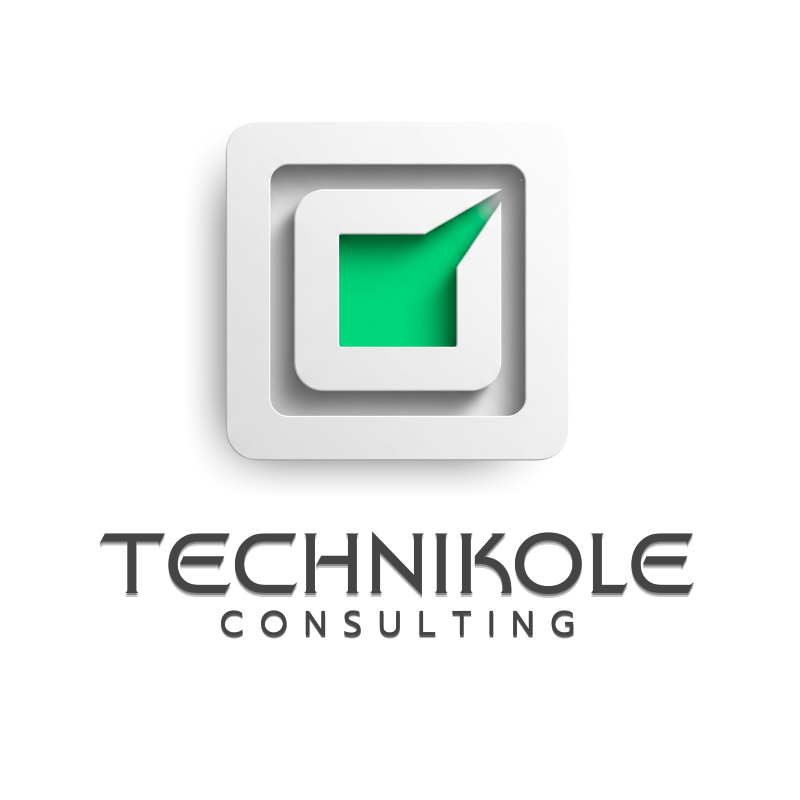Beyond Hype Digital Transformation in 2025
Subtitles are Great
As businesses in 2025 navigate a landscape saturated with talk of AI, big data, and the Internet of Things, true competitive advantage will stem not from simply adopting these technologies, but from employing a series of often-overlooked, yet critical, strategic tactics. While the technological arms race continues, forward-thinking organizations will be the ones that master the human and structural elements of transformation. This involves a radical focus on talent agility over traditional skill sets, cultivating a culture of perpetual learning and psychological safety, and mastering the art of “digital storytelling” to unify and motivate their workforce.
Beyond internal dynamics, leading firms will shift their focus from reactive cybersecurity to proactive digital resilience, embedding security and ethical considerations into the very fabric of new initiatives. Furthermore, the concept of “composable enterprise architecture” will be paramount, allowing for rapid reconfiguration of business capabilities in response to market shifts. These less-hyped but profoundly impactful strategies will separate the true digital leaders from the laggards, fostering a state of constant, adaptive innovation that technology alone cannot achieve. The future of digital transformation is less about the tools and more about the institutional ability to change, learn, and adapt with intelligence and purpose.
Introduction
The narrative of digital transformation in 2025 is a familiar one, dominated by headlines of generative AI, hyper-automation, and intelligent everything. While these technologies are undeniably potent, a myopic focus on their implementation is leading to a strategic blind spot. Many organizations are diligently upgrading their technological toolkit but are failing to evolve the underlying human and structural frameworks necessary to wield these tools effectively. This article delves into the unconventional, yet crucial, tactics that will define successful digital transformation in the coming year and beyond. These are the strategies that move beyond the buzzwords, focusing on the core attributes of a truly adaptive and resilient digital enterprise.
The Overlooked Foundation: Culture as a Strategic Asset
In the relentless pursuit of digital prowess, the most critical component is often the most neglected: culture. A 2025-ready organization must cultivate an environment that not only embraces change but actively seeks it. This goes beyond simply offering upskilling programs. It’s about fostering psychological safety, where employees feel secure enough to experiment, fail, and share learnings without fear of retribution. Leaders must champion a “fail-fast-and-learn” mentality, understanding that innovation is inherently iterative.
Another key cultural pillar is the shift from “know-it-all” to “learn-it-all” leadership. In an era of rapid technological obsolescence, the ability to learn and adapt is more valuable than any single, static skill. Organizations should incentivize and create dedicated time for continuous learning, encouraging cross-disciplinary exploration and curiosity.
Beyond Data Scientists: The Rise of the Digital Translator
While the demand for technical experts remains high, a new, critical role is emerging: the digital translator. This individual possesses a unique blend of business acumen, technological understanding, and exceptional communication skills. Their primary function is to bridge the gap between the technical teams building digital solutions and the business units that will use them.
These translators can articulate the business value of a technological initiative in a language that resonates with stakeholders, ensuring alignment and buy-in. They can also convey the practical needs and challenges of the business back to the tech teams, resulting in more effective and user-centric solutions. Investing in and empowering these individuals can significantly accelerate the adoption and impact of digital initiatives.
The Art of Digital Storytelling: Unifying the Transformation Narrative
A coherent and compelling narrative is a powerful tool for driving change. Leaders must become adept at digital storytelling, framing the transformation not as a series of disparate projects, but as a unified journey with a clear purpose. This narrative should articulate the “why” behind the change, connecting it to the company’s mission, the value for customers, and the growth opportunities for employees.
Effective digital storytelling uses a variety of mediums – from internal town halls and interactive dashboards to employee-generated content – to consistently reinforce the vision and celebrate milestones. This creates a shared sense of purpose and momentum, transforming passive bystanders into engaged participants in the transformation journey.
From Defense to Offense: Proactive Digital Resilience
Cybersecurity in 2025 must evolve from a defensive posture to a proactive stance of digital resilience. This means moving beyond simply protecting against threats and building the capacity to withstand and recover from them with minimal disruption. A key tactic here is embedding security into the development lifecycle of new products and services (“DevSecOps”).
Furthermore, ethical considerations and data privacy must be integral to the design of all digital initiatives, not an afterthought. In an age of increasing data scrutiny and consumer awareness, a strong ethical framework is not just a compliance requirement but a significant brand differentiator and a source of customer trust.
Conclusion
As we move further into 2025, the conversation around digital transformation must mature. While the latest AI model or automation platform will always generate excitement, sustainable success will be built on a foundation of less glamorous but far more impactful strategies. By focusing on fostering an adaptive culture, empowering digital translators, mastering the art of storytelling, and building proactive digital resilience, organizations can move beyond the hype and achieve a state of continuous, meaningful innovation. The ultimate goal is not just to be digitally transformed, but to become a perpetually transformative organization.
About the Author
NiKole Maxwell is a visionary force in digital transformation, guiding businesses through the intricate landscapes of emerging technologies. With two decades of pioneering experience, she empowers organizations to not just adapt, but to redefine their future with intelligent, automated solutions.

